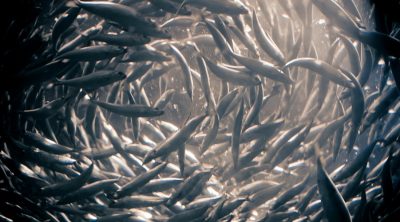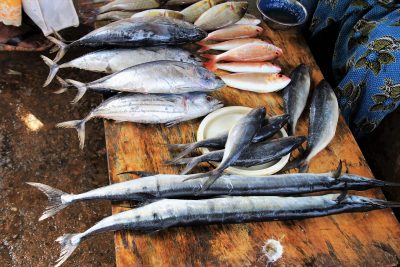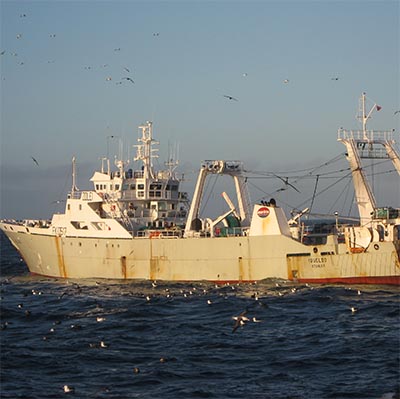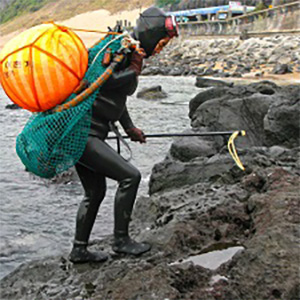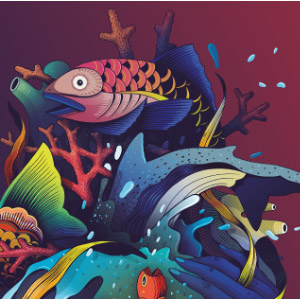Market-based solution makes the case for blue carbon
Over 120 million tonnes of carbon dioxide equivalent could be sequestered every year by 2050 by applying a market-based solution (MBS) to global fisheries that would allow fishers to decide whether – at certain times – it is more profitable to go fish or to remain at port.
From convenience to crisis: The single-use water sachet dilemma in Africa
In some African countries, the rate of single-use plastic waste is increasing. Article from the Solving FCB unit.
New FCRR: Global Fisheries: Livelihood Impacts of Overfishing. Technical Report: November 30, 2022
This technical report supports what researchers have been saying for many years – we urgently need to rebuild overfished fish stocks in order to recoup the current economic and social benefits that are inescapable with current catch loss.
Developing nations at risk from harmful fisheries subsidies, UBC study states
Harmful fisheries subsidies are leading to more fishing vessels chasing fewer fish, resulting in adverse environmental and societal impacts.
For a prosperous Blue Economy, everyone must be involved
Women make up 85% of ocean sectors, but are invisible in fisheries management positions, with marine policies often undermining their livelihoods and wellbeing. They are often not included in any decision-making processes and their dependency and contributions to the Blue Economy are neglected.
Op-ed: To Prove its Climate and Biodiversity Ambitions the EU Must Protect the Ocean’s Carbon Engineers
An op-ed article by Drs. William Cheung and Rashid Sumaila regarding the UN Convention on Biological Diversity, or COP15, that is currently taking place opened in Montreal.
Kx Spotlight – Collaboration, the key to fighting climate change
With partnerships spanning across disciplines, sectors and borders, and with academics and non-academics (including Indigenous communities, NGOs, policy makers, businesses and media) collaboration is at the centre of their work.
Rashid Sumaila wins RSC’s Miroslaw Romanowski Medal for scientific work relating to environmental problems
Prof. Sumaila is a UBC University Killam Professor, Canada Research Chair (Tier I) in Interdisciplinary Ocean and Fisheries Economics, and one of the world’s most innovative researchers on the future of the oceans.
B.C. ocean’s worth of almost $5 billion to GDP likely an underestimate
The ocean is very valuable to B.C., in terms of GDP, jobs, and income.
IOF professors head to United Nations Ocean Conference
Dr. William Cheung & Dr. Rashid Sumaila are off to Portugal for the United Nations Ocean Conference (UNOC), being held June 27 to July 1. Will participate in special side event: Fisheries Management as Climate Action, on June 26.
